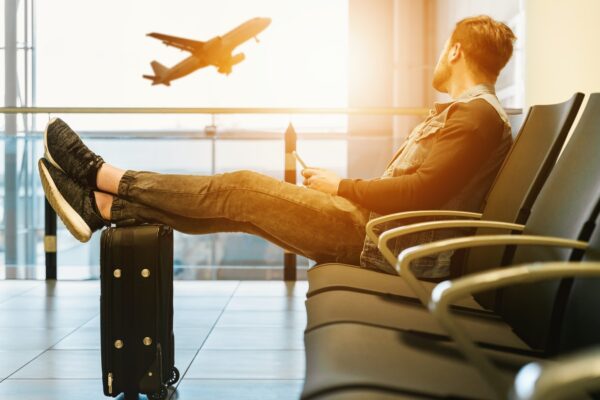What if you could save 25 percent to 75 percent off the normal cost of travel and see the country for less? Well, you can – as long as you’re willing to get a little creative in your planning.
Here are a few simple budget-friendly travel hacks you can use on your next trip:
- Rent an RV
If you’ve never taken an RV trip before, you’re in for a treat. Not only is it a unique experience with all of the modern luxuries you could want, but it’s surprisingly cost-effective
For a large family, RV travel is roughly 50 percent less expensive than traditional air and hotel travel. Allstar Coaches breaks down the numbers, explaining that it would cost a family of six traveling from New York to Disney’s Magic Kingdom in Orlando approximately $9,000 for transportation, food, and lodging. An RV trip for that same family would cost just $4,310.
The biggest savings come from eliminating lodging costs and preparing your own meals (rather than eating out at restaurants). The longer the trip and the bigger the family, the more you save.
- Visit National and State Parks
National and state parks are some of the best kept secrets for budget-friendly travel in the United States. It’s not always cheap to stay in the park – lodging can often cost upwards of $200 per night at top parks during peak travel seasons – but once you’re in, there’s so much to do.
Once inside of a park, ranger talks, hikes, evening presentations, and even junior ranger programs are totally free. This means you can go an entire day without spending money on anything other than lodging and food.
- Pack Wisely
Overpacking leads to unnecessary stress and (potentially) added costs.
“Budget travelers know that a light suitcase is not just easier to travel with but can also save you money on baggage fees,” travel blogger Robert Firpo-Cappiello writes. “Pack early so you’re not in panic mode, and put some thought into packing matching tops and bottoms (rolled, not folded), as few shoes as you can handle emotionally, and wearing your heaviest layers on the plane. When in doubt, leave it at home.”
You don’t just want to pack light – you want to pack smart. Every item should have a purpose. If it’s something you can buy inexpensively while on your trip, don’t bring it. It’ll end up wasting space that could be reserved for more essential items.
- Schedule Your Car Rental for Early AM
Here’s a quick tip for those of you renting cars for your trip: Reserve the smallest possible car on the lot and the earliest pickup time available.
Why on earth would you do that?
Well, it’s pretty simple. Few customers are going to return their car before 8am. And what happens when your car isn’t available? The rental agency is legally obligated to give you a comparable car. This means you get a free upgrade.
- Don’t Overplan
Planning is good. And while you can save a lot of money by looking ahead, too much planning can actually limit some of the flexibility you have during your trip.
It’s wise to plan your basic itinerary, but don’t pre-populate every hour with an activity. Leave space in your schedule so that you can adapt on the fly. You might find a free event – like a walking tour or farmer’s market – and it’s nice to have the flexibility to fit it into your trip without worrying about the ramifications on the rest of your schedule.
- Eat Breakfast In
The final tip is to always prepare your own breakfast in your hotel room (or RV). Breakfast is definitely an essential meal, but it’s also the easiest one to prepare without much fuss. Rather than spending $35 on breakfast for a family of four, you can buy your own bagels, yogurt, or cereal and feed the family for $5. Over the course of a weeklong vacation, this simple practice will save you hundreds of dollars.
Don’t Let a Budget Hold You Back
If you follow travel bloggers and social media influencers, you’ll think that you need a five-figure travel allowance to see the world. But here’s the truth: Travel is only as expensive as you make it. As the tips outlined in this article show, there are plenty of budget-friendly ways to see the world without compromising your financial stability or future. Where will your travel plans take you?



